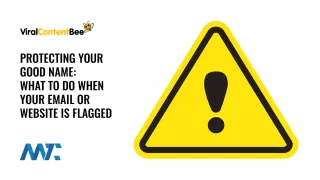A U.S. government agency that plays a crucial role in ensuring the safety and security of travelers at airports and transportation hubs. Established to bolster the protection of the traveling public, the TSA implements a range of measures, including thorough passenger and baggage screening processes, to mitigate potential security threats within the aviation sector.
Although the TSA’s primary focus is not directly related to sales, marketing, and online technology, it’s important to recognize that its activities indirectly influence various aspects of the travel industry. For instance, the agency’s procedures impact the overall travel experience, affecting customer satisfaction, loyalty, and subsequent business interactions. In addition, integrating security measures at airports might intersect with the technology and systems employed by airlines and travel agencies, potentially influencing the online booking and check-in processes.
Furthermore, the TSA collaborates with other governmental bodies, such as the Department of Homeland Security (DHS) and the Federal Bureau of Investigation (FBI), to maintain watch lists identifying individuals of potential security concern. While the TSA may not directly manage the inclusion of data from social media and online sources in these watch lists, this practice underscores online information’s broader role in national security efforts. The ethical and privacy considerations tied to utilizing online data for security purposes contribute to the evolving discourse around data privacy, online security, and their implications for digital marketing strategies and sales tactics.
In summary, while the TSA’s core responsibilities lie in security and travel safety, its operations have ripple effects on customer experiences and the technological landscape within the broader realm of sales, marketing, and online technology.
